Kolby Hunter is one of thousands undergraduate students on track to earn a degree from UNC – Chapel Hill this spring. But Hunter’s journey to graduation day hasn’t followed a traditional path.
Hunter is 30 years old and arrived in Chapel Hill after growing up in Graham and going through a couple of stints at Alamance Community College. His pathway to Carolina was helped through the university’s C-STEP program, which recruits high-achieving students at partner community colleges across the state.
“I was on a mission to make sure that I had my GPA high enough to where no college could overlook me,” Hunter said.
Hunter said the start to his time at Carolina was intimidating.
“My transition to Carolina was tough,” he said. “It’s a scary place.”
Hunter was speaking about his experience in Chapel Hill at an event touting the expansion of the C-STEP program to two new community colleges – Guilford Tech and Central Piedmont – bringing the total community college partners to 13.
The expansion is being funded through a $1.13 million grant from the North Carolina GlaxoSmithKline Foundation. This grant is focusing on students, like Hunter, who are wanting to enter the STEM workforce.
“UNC and North Carolina GSK Foundation have enjoyed a great history of collaboration over the years,” North Carolina GSK Foundation president Margaret Dardess said at the event. “And once again we’re proud to support an innovative program that will help both UNC – Chapel Hill and the community colleges.
“We’re looking forward to helping students find opportunities that once may have only been a dream for them but now can become a reality.”
Expanding access and affordability to UNC – Chapel Hill was a key pillar of then-chancellor Carol Folt’s tenure leading the university with initiatives including the Carolina Covenant growing in recent years.
Folt said at that mid-January event that the C-STEP program, in particular, resonates with her because she did not have a similar program as she was navigating her way through two community college experiences.
“One in Akron when I was working as a bank teller,” she told the crowd. “I went to night school – that’s what we called it then – to get my credits. And then when I moved to California, I went to the community college in Santa Barbara when I was a waitress.
“And so, I’ve always had a special feeling for this program.”
Folt said it was important to grow the C-STEP program as enrollment numbers continue to rise at community colleges across North Carolina.
“And I think we all feel that with that program growing, not only is it wonderful for the students that come here, it is wonderful for the students [already] here,” she said. “It adds diversity of experience and opportunity to our student body like nothing else. We’re really proud of that.”
UNC vice provost for enrollment and undergraduate admissions Steve Farmer said the STEM expansion of this program will open new doors for prospective Carolina students.
“The partnership will give us the chance to identify truly remarkable students,” Farmer said, “and walk with them on their path toward excellence in science.”
Farmer said the program brings in roughly 80 to 90 juniors to UNC each year. The majority of those students are first-generation and often low-income students. Hunter said that the C-STEP students have formed a supportive community with each other and that he reaches out to those who could benefit from the program as a way of paying it forward.
“To change their lives, the way C-STEP has changed mine.”
After graduating with a degree in exercise and sport sciences, Hunter said he intends to keep coaching high school football and hopes to be a high school athletics director one day.

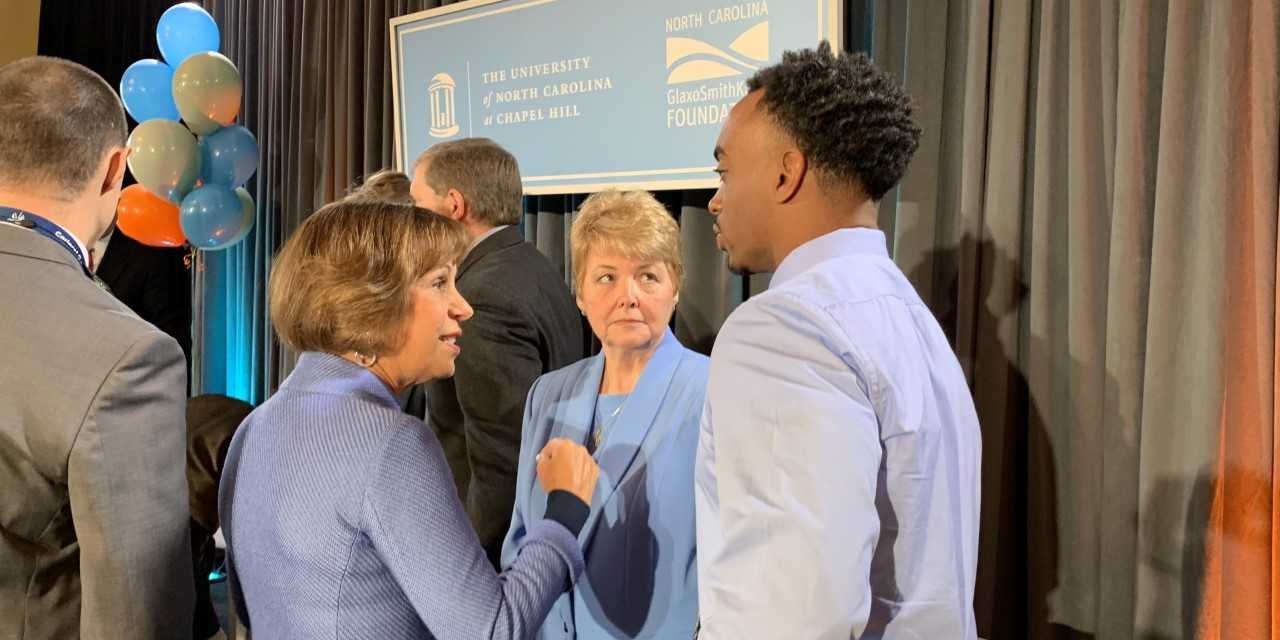


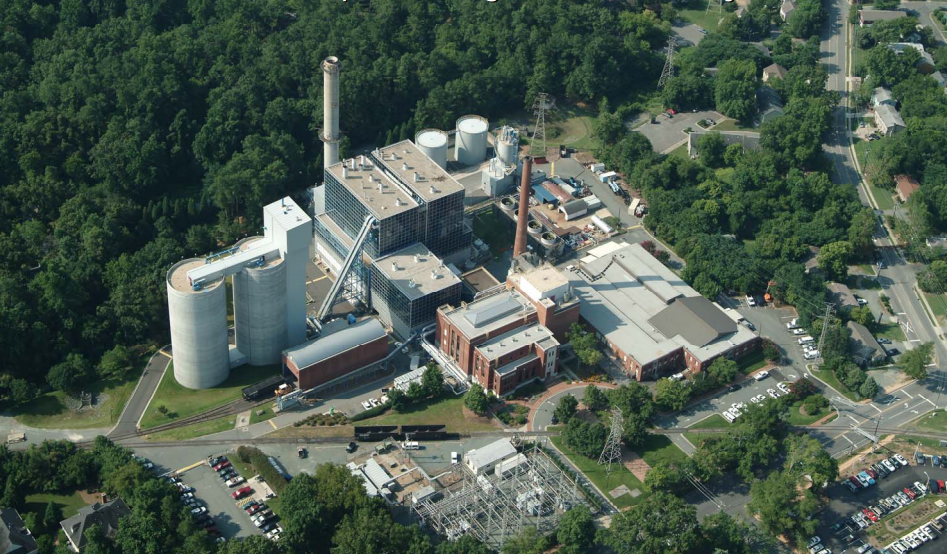
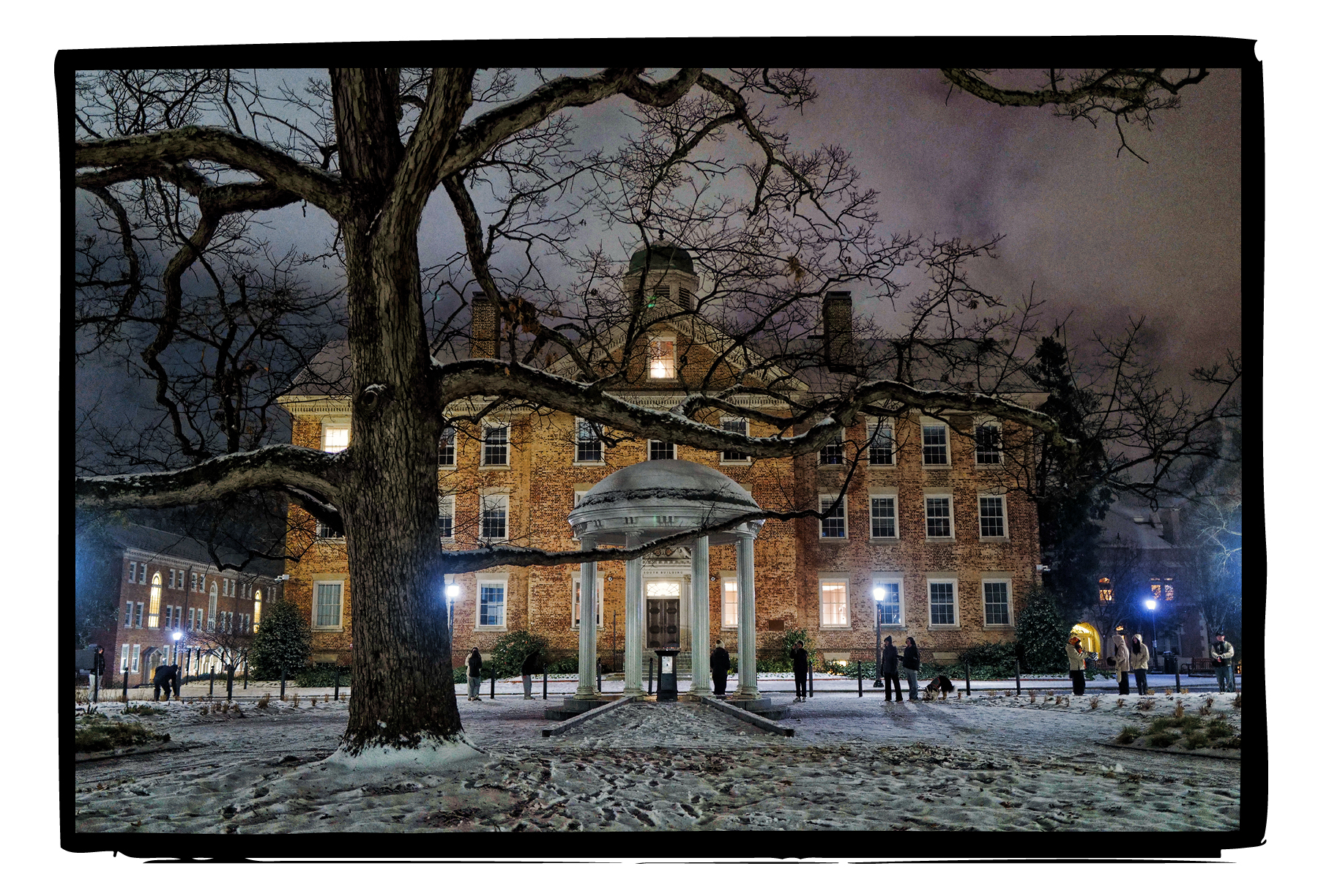



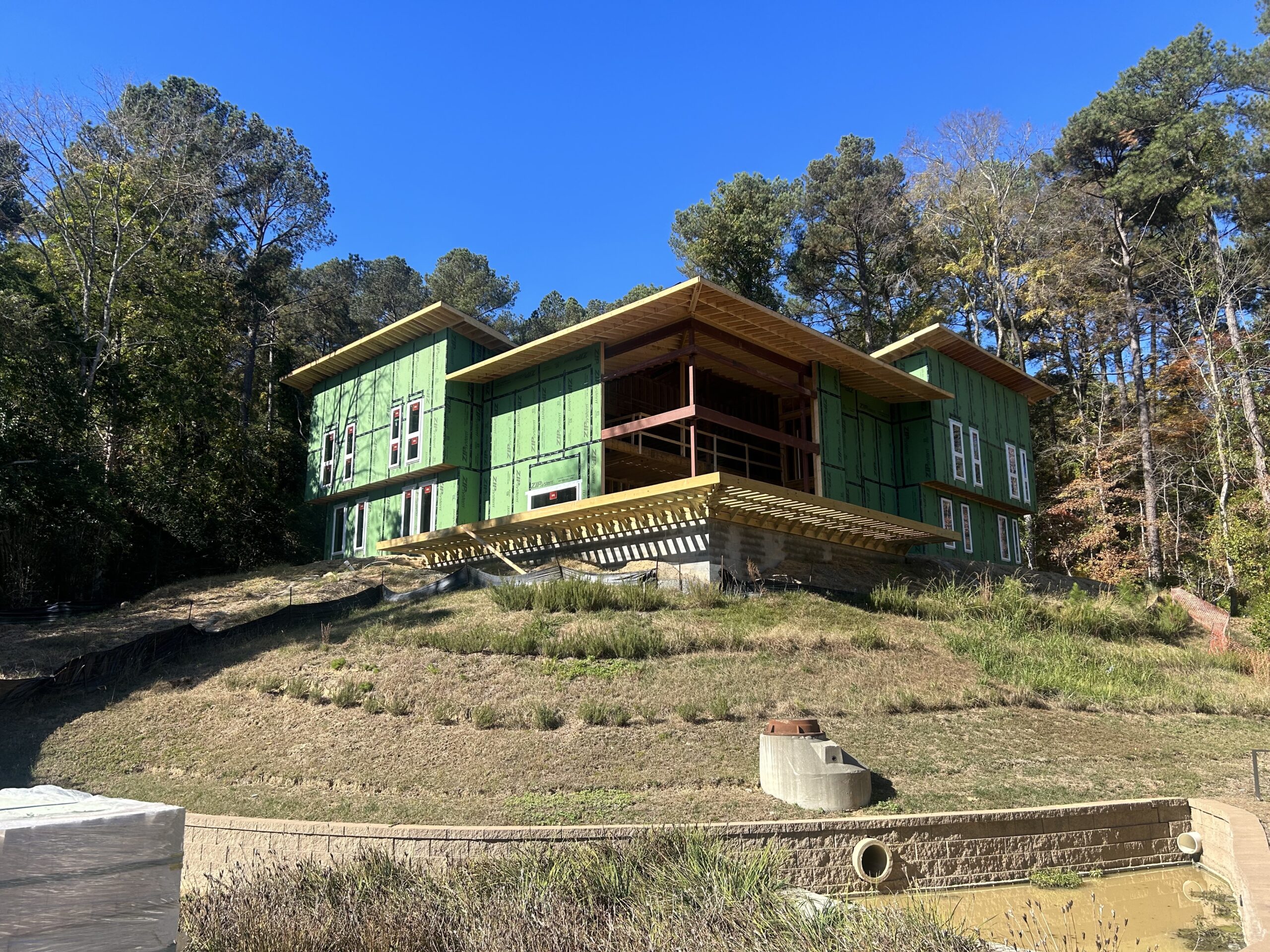

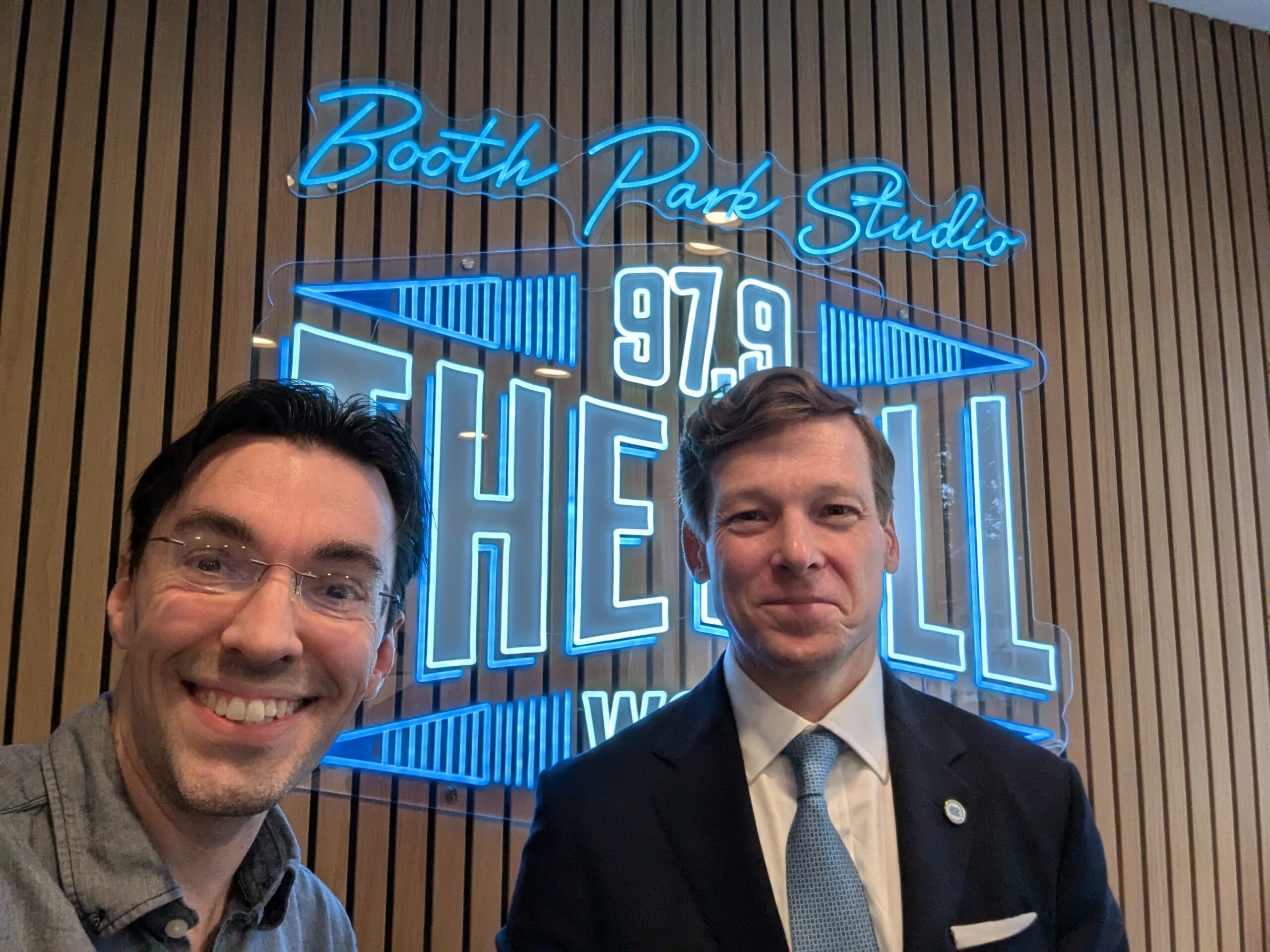

Comments on Chapelboro are moderated according to our Community Guidelines